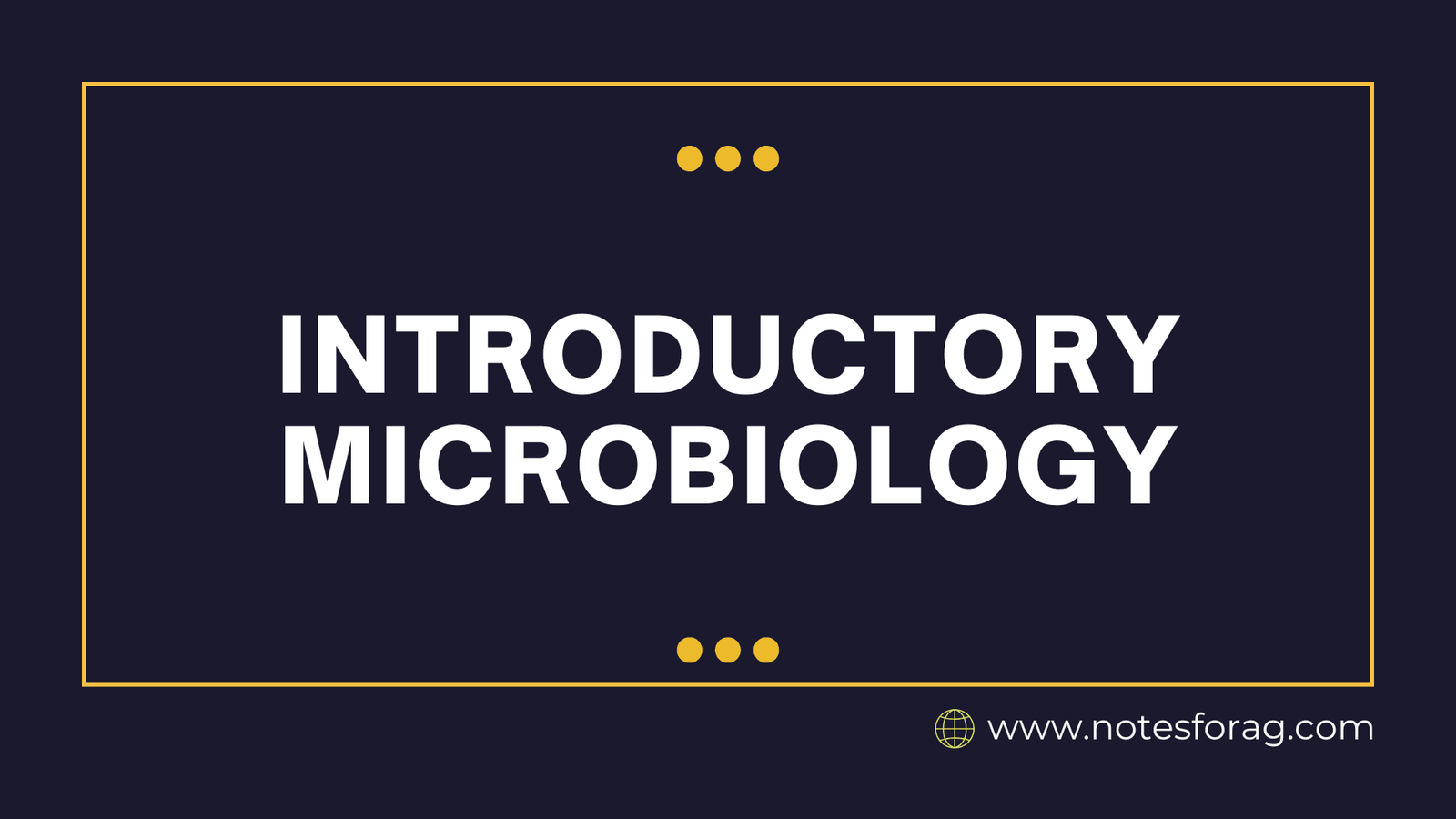Introductory Microbiology is the study of microorganisms, including bacteria, viruses, fungi, and parasites. It encompasses various fields such as virology, mycology, and immunology, providing insights into microbial life, their roles in ecosystems, and their impact on human health. For a deeper understanding, you can explore various resources and courses available in the field.
Table of Contents
Key Resources
- Textbooks
- Introduction to Microbiology by Trevor Gross, Jane Faull, and Steve (ISBN-10: 0412453002)
- Introductory Microbiology – A textbook focusing on bacteria, archaea, and viruses, providing foundational knowledge.
- Online Courses
- UCLA Extension offers an upper-division course that integrates various aspects of modern microbiology.
- OpenStax provides a comprehensive introduction to microbial life, emphasizing the unexplored aspects of this field.
- Video Resources
- YouTube has educational videos that simplify microbiology concepts, making the subject more accessible and enjoyable.
Scope of Microbiology
Introductory Microbiology is a broad field with various branches, including:
- Bacteriology: Study of bacteria.
- Virology: Study of viruses.
- Mycology: Study of fungi.
- Parasitology: Study of parasites.
- Phycology: Study of algae.
- Immunology: Study of the immune system.
Core Topics in Microbiology
- Microbial Diversity
- Study of different types of microorganisms, including bacteria, archaea, fungi, and viruses.
- Microbial Structure and Function
- Understanding the cellular structures, metabolic processes, and genetic makeup of microorganisms.
- Microbial Ecology
- Exploration of how microorganisms interact with each other and their environments, including their roles in ecosystems.
- Pathogenic Microbiology
- Examination of microorganisms that cause diseases in humans, animals, and plants, along with their mechanisms of infection.
- Immunology
- Study of the immune system’s response to microbial infections and the principles of vaccination.
Importance of Microbiology
- Health and Medicine
- Microbiology is vital for comprehending diseases, formulating antibiotics, and devising vaccines.
- Environmental Impact
- Microorganisms play a crucial role in nutrient cycling, maintaining soil health, and facilitating bioremediation processes.
- Biotechnology
- Microbial processes are utilized across diverse industries, encompassing food production, pharmaceuticals, and biofuel generation.
Characteristics of Microorganisms
Microorganisms are typically unicellular, but they vary greatly in size, shape, and function. Common characteristics include:
Reproduction: Can reproduce asexually (binary fission) or sexually.
Prokaryotic vs. Eukaryotic Cells:
Prokaryotes: Bacteria and archaea, lack a nucleus.
Eukaryotes: Fungi, protozoa, and algae, with a defined nucleus.
Size: Range from nanometers (viruses) to micrometers (bacteria).
Microbial Growth and Reproduction
- Bacteria:
- Reproduce mainly by binary fission (asexual reproduction).
- Growth curve: lag phase, exponential phase, stationary phase, death phase.
- Fungi and Algae:
- Reproduce both sexually and asexually (spores, budding).
- Viruses:
- Replicate by infecting host cells and hijacking their machinery.
Applications of Microbiology
- Healthcare: Developing vaccines, antibiotics, and probiotics.
- Food Industry: Fermentation for food and beverage production.
- Environment: Waste management and bioremediation.
- Research: Genetic engineering and synthetic biology.
Course Structure
An introductory microbiology course typically covers the following topics:
- Microbial Cell Structure and Function
- Microbial Metabolism
- Genetics of Microorganisms
- Microbial Growth and Control
- Pathogenic Microbiology
- Immunology Basics
- Environmental Microbiology
- Laboratory Techniques (if applicable)
Networking and Community
- Join Online Forums: Participate in microbiology forums or social media groups to connect with peers, share resources, and discuss topics of interest.
- Attend Workshops and Seminars: Look for local or virtual workshops and seminars to expand your knowledge and network with professionals in the field.
Conclusion
Introductory microbiology provides a foundation for understanding the unseen world of microbes. These organisms are vital to life on Earth, impacting health, industry, and the environment. A solid grasp of microbiology principles is essential for careers in healthcare, research, biotechnology, and environmental science.
Frequently Asked Questions
What is microbiology?
Microbiology is the study of microorganisms, including bacteria, viruses, fungi, and protozoa. It explores their structure, function, genetics, ecology, and their roles in health, disease, and the environment.
What topics are covered in an introductory microbiology course?
An introductory microbiology course typically includes:
Microbial cell structure and function
Microbial metabolism and growth
Genetics of microorganisms
Pathogenic microbiology and infectious diseases
Immunology basics
Environmental Microbiology
Laboratory techniques and safety
How long do introductory microbiology courses typically last?
The duration of introductory microbiology courses varies. Traditional semester-long courses may last 15 weeks, while online courses can range from a few weeks to several months, depending on the depth of the material and the pace of the course.
Related Notes
Fundamentals of Horticulture
Comprehension & Communication Skills in English

